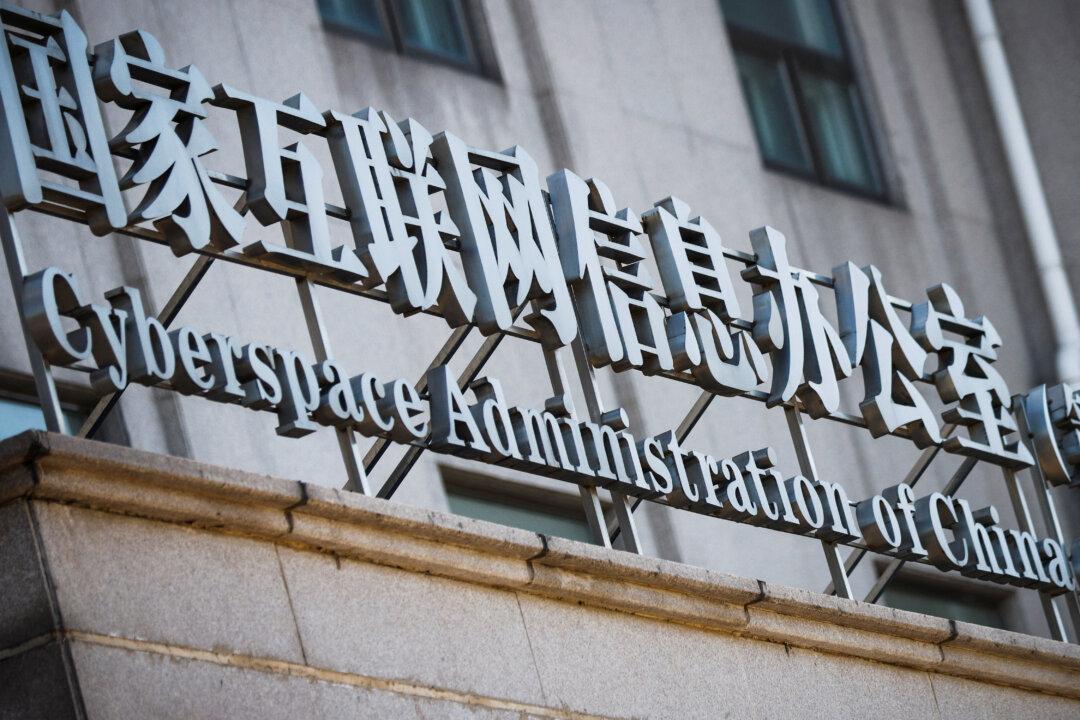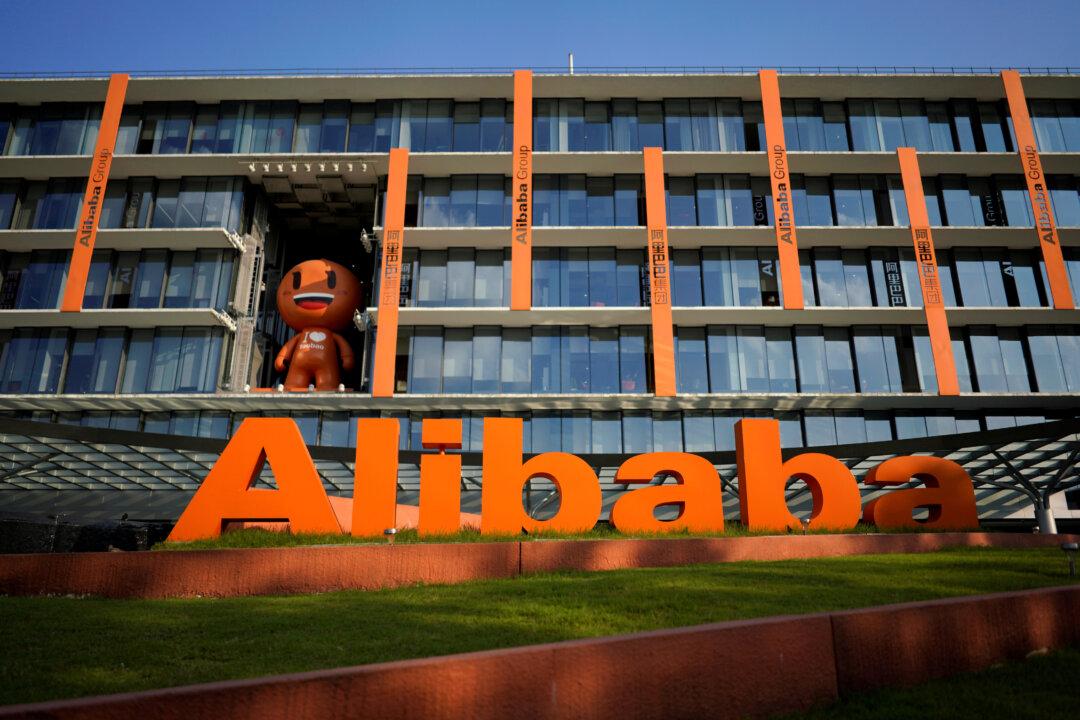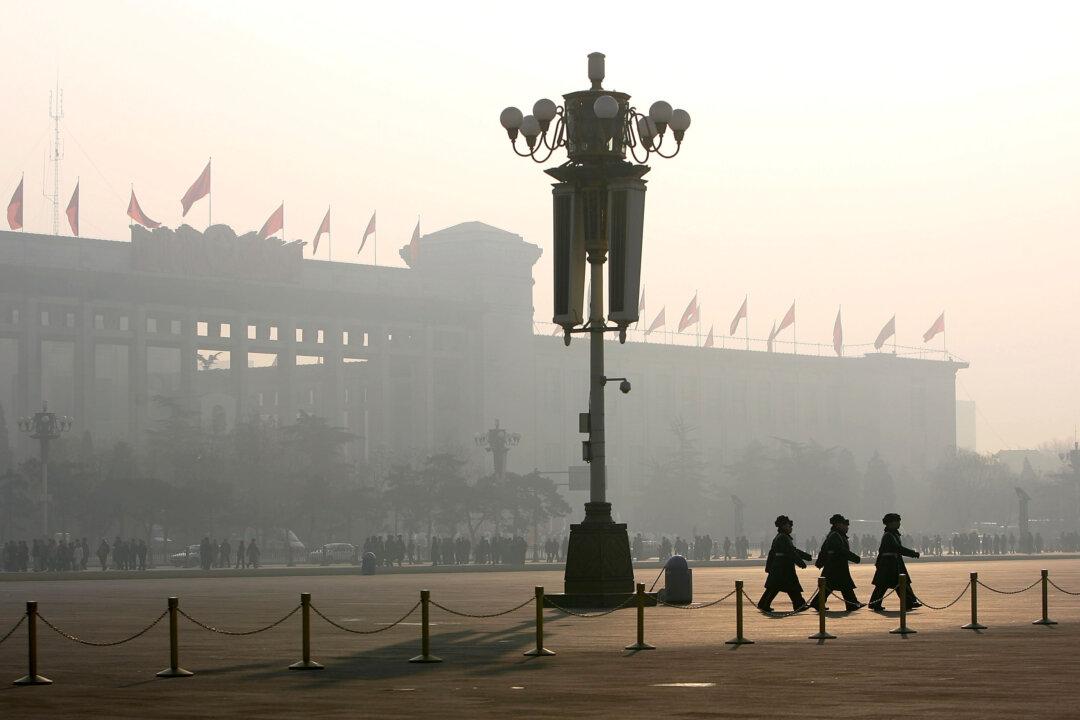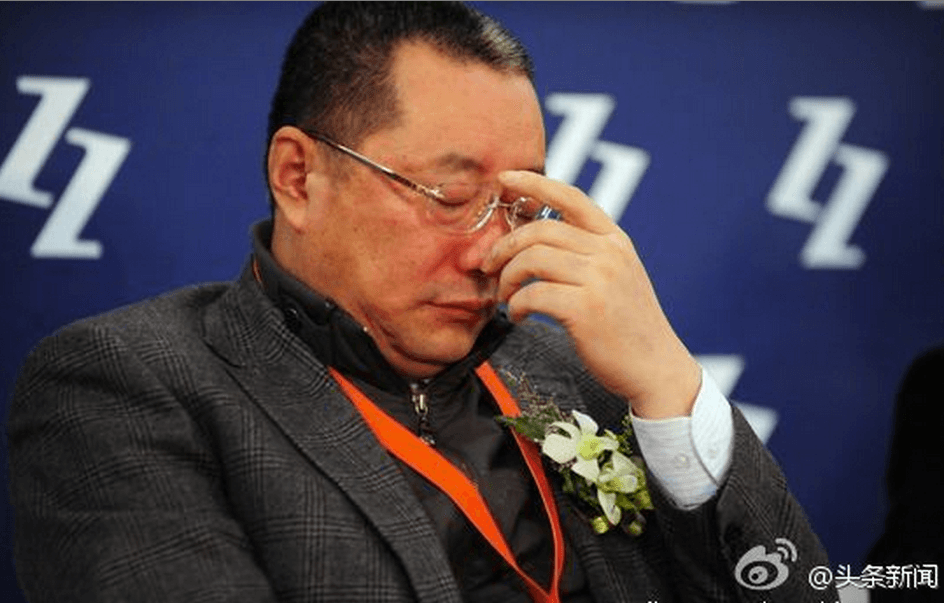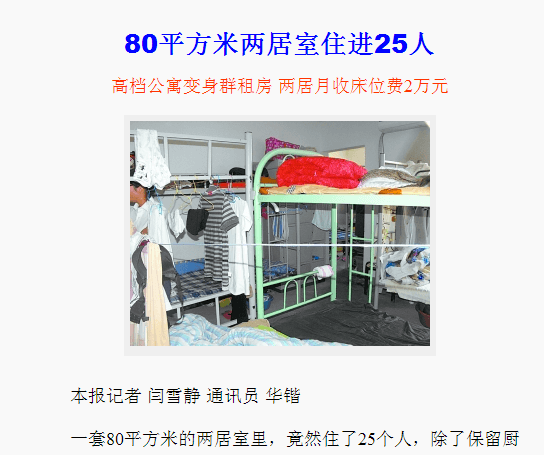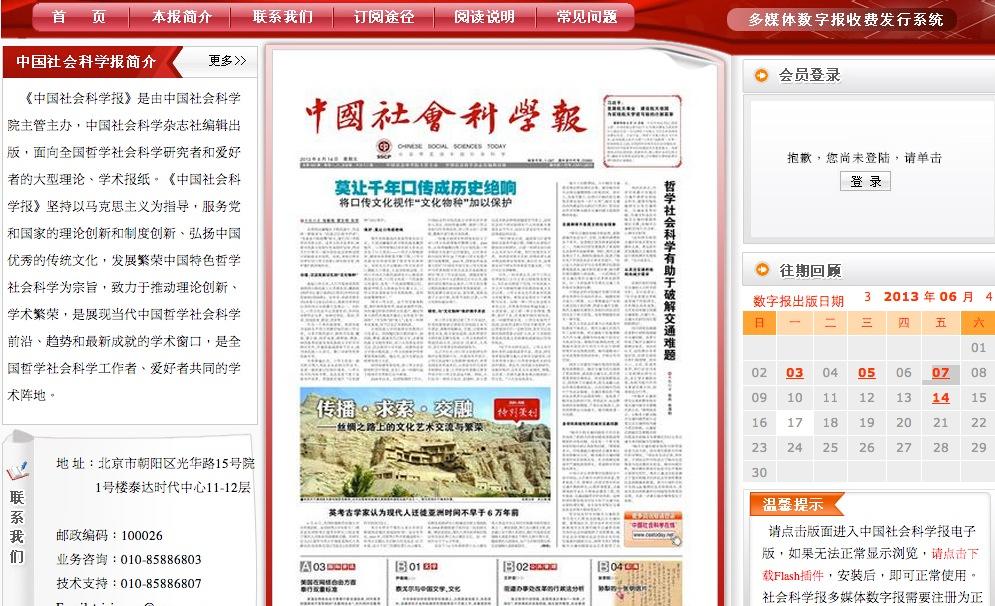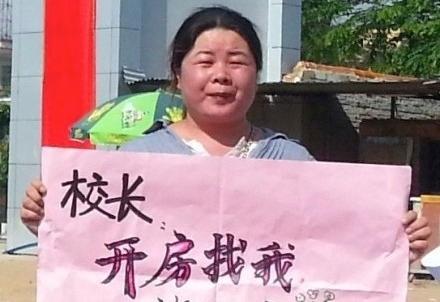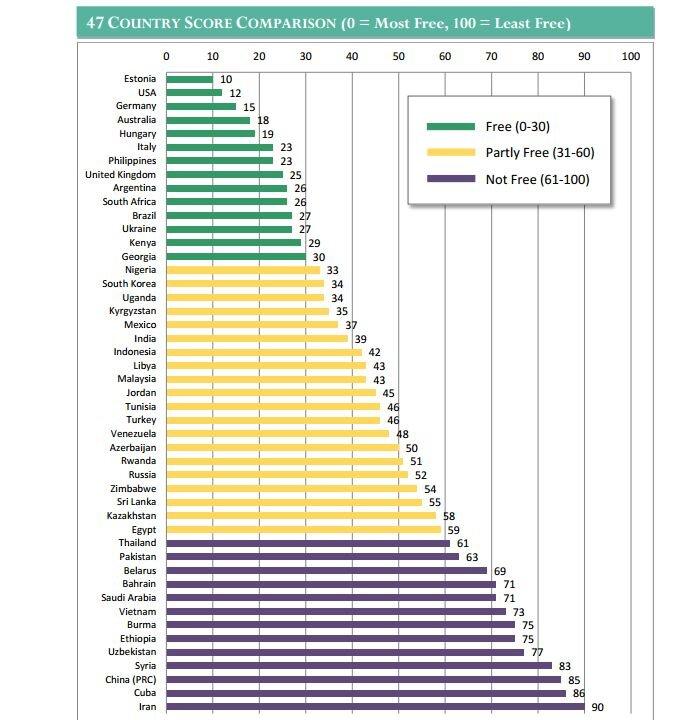Focus
Sina Weibo
LATEST
An Official TV Pageant That Chinese Liked, Whether They Liked It or Not
Song in official Gala declares that Communist Party is the best.
|
The Truth About China’s Small and Medium Enterprises Is Frightening
Small, nimble, private companies should be a ray of hope for the Chinese economy—but they’re going through tough times, according to entrepreneurs in China.
|
Proposal to Step up Surveillance in China Alarms Public
The identity card in China would contain credit card information, hotel stays, and flight patterns.
|
Chinese Regime Slams Web Company Sina for Lax Censorship
China’s web authorities say the largest Chinese-language Internet portal is not diligently filtering “illegal” content. Netizens scoff the official speak.
|
Confession of Xu Zhiyong’s Supporter Rattles Chinese Dissidents
While the well-known Chinese dissident Xu Zhiyong is facing five years in prison for his political activism, an associate of his — the wealthy Chinese businessman Wang Gongquan — who was accused of the same crimes was allowed out on bail because he confessed.
|
Chinese Official Claims Fatherhood of Half the Kids in His Village
A communist official in western China has apparently laid claim to fathering half the children in his village.
|
25 People Live in Tiny Beijing Apartment to Fend off High Rents
Downtown Beijing landlords squeezed 25 college students into a cramped, fetid apartment, charging each person $130 (800 yuan) for a bunk bed, Chinese state-run media found on Monday.
|
Migrant Worker Drowns After Police Chase Him Into River
After traffic policemen in Hebei Province pursued a migrant worker into a river, they prevented the man from coming onshore, leaving him to drown.
|
Chinese Official Study Calls Weibo Users Poor and Uneducated
A think-tank with CCP ties wrote a study that found Weibo netizens were poorly educated and had low incomes.
|
Anti-Pervert Tights Become Internet Sensation in China
Hairy stockings meant to keep away perverts have caused a flood of posts on Sina Weibo, China’s version of Twitter.
|
Social Media in China Is ‘War,’ Says Communist Official
A Chinese military official says that social media is a place for psychological warfare against subversive Western ideas like democracy.
|
Do Chinese Authorities Want to Protect Young Girls From Sexual Assault?
Chinese women’s rights activist Ye Haiyan was beaten at her home and then detained for several hours at the local police station after she tried to raise public awareness of child sexual abuse.
|
Group of Chinese Lawyers Beaten After Visiting Brainwashing Center
A group of nearly a dozen Chinese human rights lawyers who attempted to investigate an extralegal “brainwashing center” in the southeast of the country were violently set upon by guards on May 13.
|
China’s Sina Dominates Weibo by Faking Followers
Chinese online media company Sina says it has 500 million members on its Twitter-like platform called Weibo. But a recent report suggests the numbers include many fraudulent “zombie” accounts, meant to pad the books.
|
Got a Joke About Party in China? Jail Awaits.
A Chinese blogger was disappeared after joking about the Communist Party’s recently concluded leadership conclave.
|
Kindergarten Abuse Photo Riles Chinese Netizens
A photo that shows a Chinese kindergarten teacher holding a small boy by the ears, causing the child to scream in pain, triggered a storm of criticism among netizens after it was uploaded to a popular Chinese social media website on Wednesday.
|
Internet Increasingly Censored in China, Report Says
The Chinese regime has become more restrictive in controlling what its citizens see on the Internet in the past year and commits the most violations of user’s rights in the world, a new report from Freedom House has found.
|
An Official TV Pageant That Chinese Liked, Whether They Liked It or Not
Song in official Gala declares that Communist Party is the best.
|
The Truth About China’s Small and Medium Enterprises Is Frightening
Small, nimble, private companies should be a ray of hope for the Chinese economy—but they’re going through tough times, according to entrepreneurs in China.
|
Proposal to Step up Surveillance in China Alarms Public
The identity card in China would contain credit card information, hotel stays, and flight patterns.
|
Chinese Regime Slams Web Company Sina for Lax Censorship
China’s web authorities say the largest Chinese-language Internet portal is not diligently filtering “illegal” content. Netizens scoff the official speak.
|
Confession of Xu Zhiyong’s Supporter Rattles Chinese Dissidents
While the well-known Chinese dissident Xu Zhiyong is facing five years in prison for his political activism, an associate of his — the wealthy Chinese businessman Wang Gongquan — who was accused of the same crimes was allowed out on bail because he confessed.
|
Chinese Official Claims Fatherhood of Half the Kids in His Village
A communist official in western China has apparently laid claim to fathering half the children in his village.
|
25 People Live in Tiny Beijing Apartment to Fend off High Rents
Downtown Beijing landlords squeezed 25 college students into a cramped, fetid apartment, charging each person $130 (800 yuan) for a bunk bed, Chinese state-run media found on Monday.
|
Migrant Worker Drowns After Police Chase Him Into River
After traffic policemen in Hebei Province pursued a migrant worker into a river, they prevented the man from coming onshore, leaving him to drown.
|
Chinese Official Study Calls Weibo Users Poor and Uneducated
A think-tank with CCP ties wrote a study that found Weibo netizens were poorly educated and had low incomes.
|
Anti-Pervert Tights Become Internet Sensation in China
Hairy stockings meant to keep away perverts have caused a flood of posts on Sina Weibo, China’s version of Twitter.
|
Social Media in China Is ‘War,’ Says Communist Official
A Chinese military official says that social media is a place for psychological warfare against subversive Western ideas like democracy.
|
Do Chinese Authorities Want to Protect Young Girls From Sexual Assault?
Chinese women’s rights activist Ye Haiyan was beaten at her home and then detained for several hours at the local police station after she tried to raise public awareness of child sexual abuse.
|
Group of Chinese Lawyers Beaten After Visiting Brainwashing Center
A group of nearly a dozen Chinese human rights lawyers who attempted to investigate an extralegal “brainwashing center” in the southeast of the country were violently set upon by guards on May 13.
|
China’s Sina Dominates Weibo by Faking Followers
Chinese online media company Sina says it has 500 million members on its Twitter-like platform called Weibo. But a recent report suggests the numbers include many fraudulent “zombie” accounts, meant to pad the books.
|
Got a Joke About Party in China? Jail Awaits.
A Chinese blogger was disappeared after joking about the Communist Party’s recently concluded leadership conclave.
|
Kindergarten Abuse Photo Riles Chinese Netizens
A photo that shows a Chinese kindergarten teacher holding a small boy by the ears, causing the child to scream in pain, triggered a storm of criticism among netizens after it was uploaded to a popular Chinese social media website on Wednesday.
|
Internet Increasingly Censored in China, Report Says
The Chinese regime has become more restrictive in controlling what its citizens see on the Internet in the past year and commits the most violations of user’s rights in the world, a new report from Freedom House has found.
|

